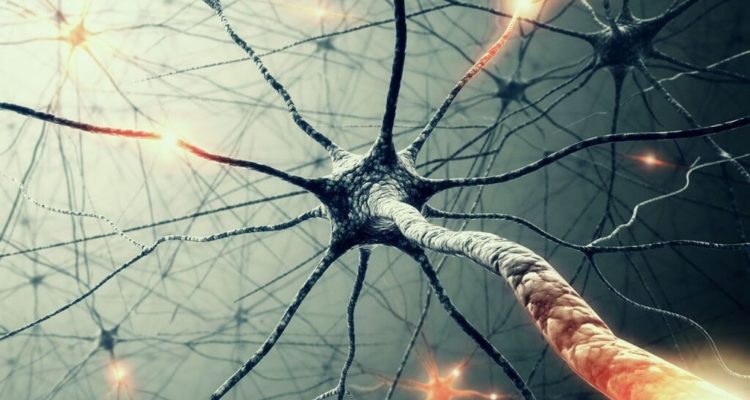
Seven important signs of multiple sclerosis
0
The first signs of multiple sclerosis most often appear between the ages of 20 and 40. This disease has stages of remission and intensity. Moreover, these stages proceed differently for each person.
To date, there is no cure for multiple sclerosis. But it is still possible to effectively suppress the progression of the disease. That is why it is so important to diagnose it quickly.
Here are the early symptoms of multiple sclerosis.
Dizziness and balance problems. A person may have difficulty walking or coordinating movements. Although at first glance it may seem that you have simply become clumsy. But if this happens repeatedly, this indicates the development of multiple sclerosis.
Numbness and tingling. This is felt in the legs, arms, fingers, and face. At first, these symptoms are mild, but over time they intensify.
Muscle spasms and stiffness.In the early stages of multiple sclerosis, painful muscle spasms may occur, especially in the legs. This is one of the first signs of the disease, occurring in 50% of patients. People also complain of muscle stiffness.
Vision problems. If a person has multiple sclerosis, vision problems are associated with inflammation of the optic nerve. Among the alarming signs of this condition are blurred vision, double vision, pain when looking up, or impaired perception of red and green colors.
Weakness and fatigue. Due to nerve damage, a person feels chronic fatigue for a long time. Moreover, this usually increases during the day and is accompanied by muscle soreness, drowsiness. Many people who suffer from multiple sclerosis say that they feel tired even after a good night's sleep.
Problems with the intestines and bladder. It is believed that 80% of patients with multiple sclerosis have problems with their bladder. They go to the toilet very often, feel pressure on the bladder, cannot completely empty it, and are faced with nighttime urination. Diarrhea and constipation, if they occur frequently, are also signs of multiple sclerosis.
Emotional and cognitive changes. Cognitive disorders affect 50% of people with multiple sclerosis, and they most often experience memory loss, difficulty focusing, and slow processing of information. In addition, depression, stress, anxiety, and mood swings are common.









Leave a Reply